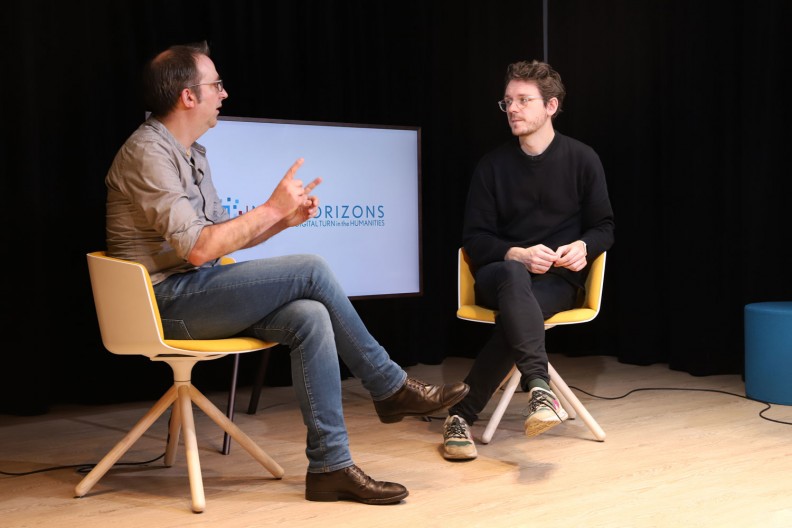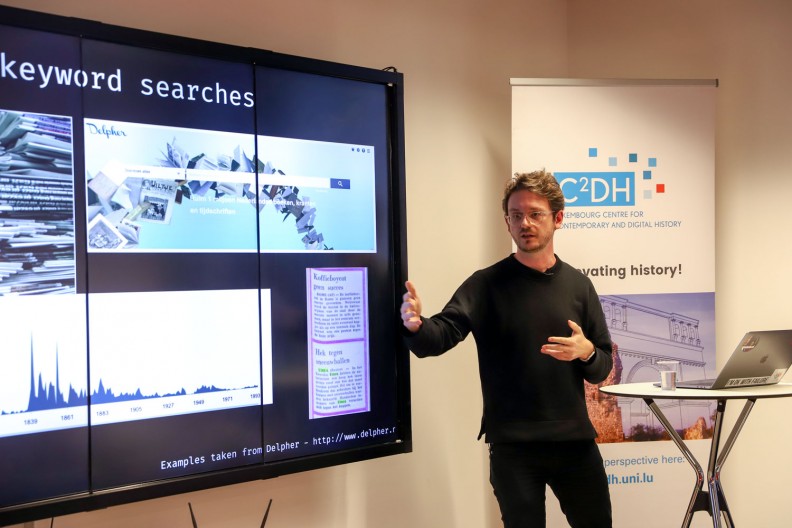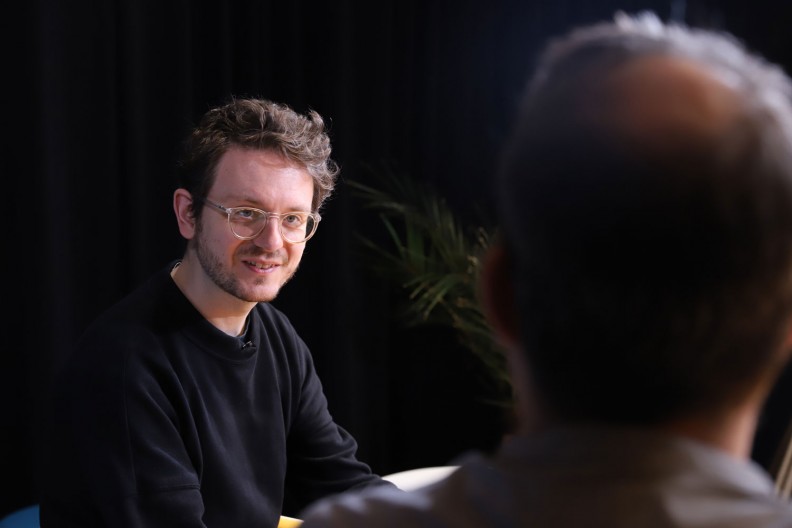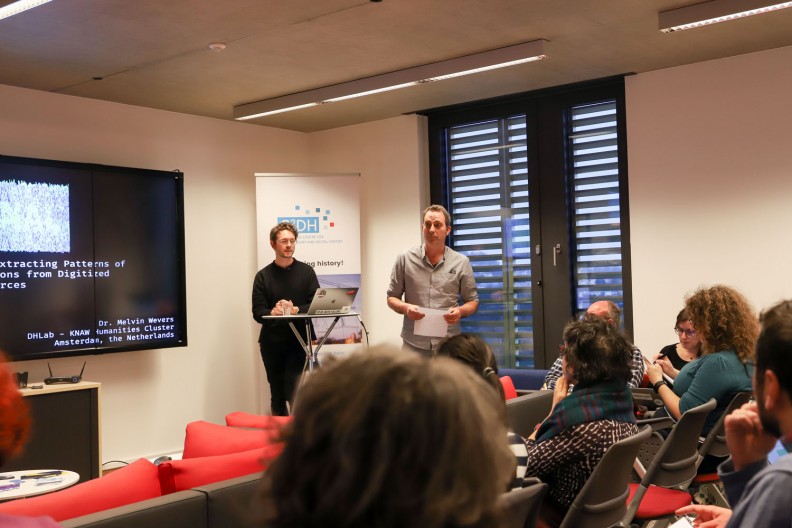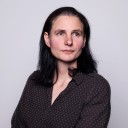Recent years have seen an explosive growth of digitized historical material. Innovations in natural language processing have extended the possibilities for historians to extract information from large corpora of digitized texts. In debates on big data, it is often claimed that by ‘distant’ reading huge amounts of data, textual patterns will emerge, that will allow us to answer historical questions in a radically new way. However, in order to better understand patterns in historical data we need to rely on modelling techniques that make statistical inferences and estimations. The use of modelling can help historians to answer their questions in reproducible and transparent manners. The current situation is strikingly similar to the situation that economic historians were in during the 1950s and 1960s. In this period, a growing body of mathematical formalizations of economic theories combined with increasing computing power pushed the field of cliometrics: a quantitative approach to economic history. In his lecture, Wevers focused on how we can extract patterns of cultural expression from digitised newspapers or, put differently, how we can separate signal from noise in large collections of text. M. Wevers argues that modelling can help researchers to better understand historical dynamics.
Recording of the conference
Interview
Melvin Wevers begins this interview by talking about his career and his contribution to the first big text mining project in the Netherlands. He shares his experiences in approaching, working and interpreting the data and discusses the risks of both data-driven and hypothesis-driven research. He then talks about the new developments in computer vision which can be relevant to historians and about the importance of modelling in digital enabled historical research. He continues with an overview of the major projects he’s currently involved in and comments on the role of the “digital humanist”. He concludes by pointing out new trends, which in his view will shape the digital history of the future.
Biography
Dr. Melvin Wevers is a researcher in the Digital Humanities Lab at the KNAW Humanities Cluster. His research interests include the study of cultural-historical phenomena using computational means with a specific interest in the formation and evolution of ideas and concepts in public discourse. Recent projects focus on the representation of gender in historical advertisements and the modeling of social mobility within the Dutch East India Company.



